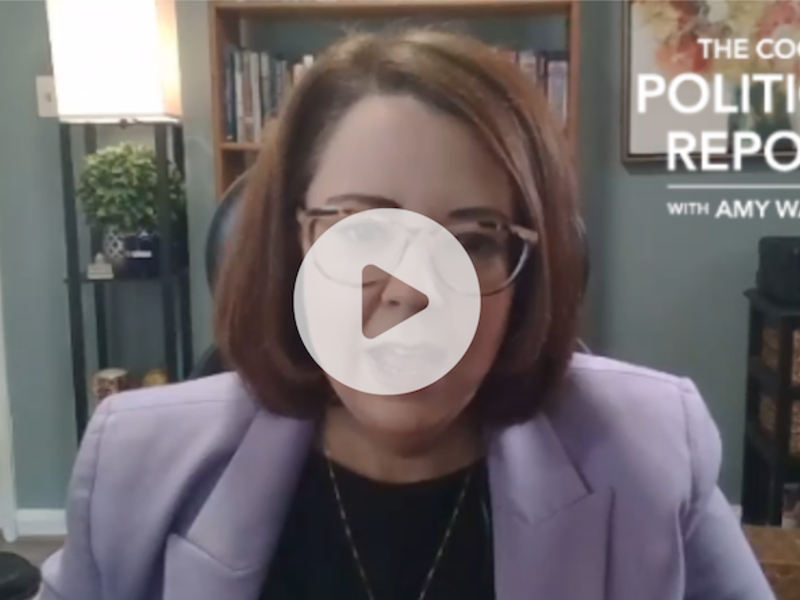
Based on what you hear from the chattering class in DC, you’d think that Democrats are all but committed to running on nothing but an “anti-Trump” message in 2018. Democratic leaders, including cable TV regular Rep. Adam Schiff (D-CA), implore their candidates to “not take the bait” on pushing the issue of impeachment, but should “continue to focus on the economy, family and a return to basic decency.”
Meanwhile, talk to any Republican in town, and they are convinced that Democrats are going to be unable to resist the siren song of impeachment should they gain control of the House in 2019.
But, if you look at the actual messaging that Democrats and Republicans are using in their primary campaigns thus far, you’ll see that Republicans are much more likely to bring up Trump positively than Democrats are to bash him.
The ad-tracking firm CMAG Kantar Media found that since the beginning of January, there have been more than 70,718 ads run that mention Trump positively. That compares to just 27,973 ads that negatively mention the president. In other words, Republicans have been more willing to embrace the president than Democrats are to denounce him. In looking at advertising for the May 8 primaries, the Wesleyan Media Project found that “[w]hile Democrats are primarily mentioning the policy issues that are mainstays of political campaigns—such as healthcare, the economy and Social Security—Republicans are talking more about particular politicians, expressing their support for Trump and attacking Obama and Clinton.
All State and Federal Broadcast/Cable Advertising:
To be sure, the fact that most primaries thus far have taken place in red states like Indiana, West Virginia, Ohio and Texas is a key factor in the surge of pro-Trump advertising. It will be unlikely that he will play as prominent a role in the general elections, even in these red states.
Even so, it’s also a testament to the fact that Trump remains a more significant motivator than policy or personal stories in juicing up and appealing to GOP voters.
Meanwhile, Democrats don’t need to remind their base about why Trump is terrible. They do, however, need the election to pivot to issues that are more salient to people’s daily lives, like the cost of health care and prescription drugs. In fact, the lowest points for the president and Republicans came during times when they were either fighting about and then ultimately passing the House version of Obamacare repeal. As Ron Brownstein put it in his CNN column: "They [Democrats] believe the controversies around Trump dominating the national media are energizing turnout from the party's base (and inhibiting the GOP's ability to advance any message selling its agenda) while the focus on taxes and health care functions as a persuasion tool for reaching swing voters.”











Subscribe Today
Our subscribers have first access to individual race pages for each House, Senate and Governors race, which will include race ratings (each race is rated on a seven-point scale) and a narrative analysis pertaining to that race.